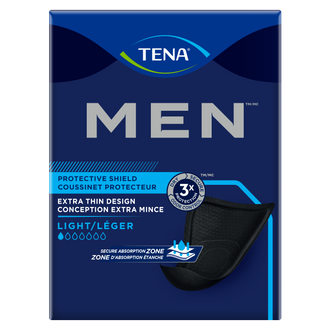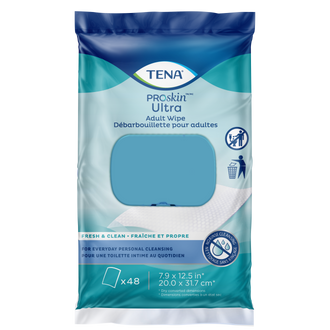Sep 30, 2024
Did you know that more than 1 in 10 men in the US currently suffer from bladder leakage?
This condition is common with having an enlarged prostate – an important symptom to be aware can be associated with Prostate Cancer.
We conducted a survey to understand the links between urinary incontinence and prostate cancer awareness.
This is not only a condition that affects older men. Men aged 35-44 are experiencing the highest levels of bladder leakage, with 17% of respondents reporting this symptom.
This same group responded that 2 in 5 men either had prostate cancer or knew someone diagnosed with these disease. Despite these statistics, over 60% of US men under 55 have never been screened!
How can you be proactive in managing prostate health?
Early detection through regular screening is key to preventing and effectively treating prostate cancer. We found that 2 in 5 men are uncomfortable undergoing an exam – so know you’re not alone!
But given that almost a quarter of men don’t even know where the prostate is located, it’s absolutely worth trusting a medical professional who can perform an exam.
Symptoms are more common than many realize, and it’s important to be aware of potentially concerning changes to:
- Difficulty urinating
- Pain while urinating
- Weak flow
- Blood in urine
- Difficulty starting to urinate
- Needing to rush to the bathroom
- Urinary incontinence
You can take steps to reduce your risk for prostate cancer:
There is no way to completely prevent prostate cancer, but by maintaining a healthy weight through regular exercise and a healthy diet, limiting your alcohol intake, and stopping smoking – you can lower the risk of prostate cancer.
How can you manage urinary incontinence after prostate cancer?
TENA offers a range of incontinence products specifically designed for men to be discreet and secure.
Explore the collection of TENA Men’s products here.







